THE EMERGING CRISIS AROUND GROUNDWATER LEGISLATION IMPLEMENTATION IN BRITISH COLUMBIA: “Leadership at the highest level and a clear strategy to motivate historical groundwater users to apply, including signalling that government will deal with unauthorized water use, would be the game-changer that groundwater licensing desperately needs right now,” stated Mike Wei, former Deputy Comptroller of Water Rights (April 2021)
Note to Reader:
In this edition of Waterbucket eNews, we focus on groundwater licensing because this is a make-or-break foundation piece for the Water Sustainability Act. This edition builds on an Op-Ed that we published in February 2020. At that time, Mike Wei stated that “a momentum-changer is urgently needed”. It still is, and even more so. Continue reading to learn why and what government could do.
Download a PDF copy of the The Emerging Crisis Around Groundwater Legislation Implementation in B.C.

DOWNLOAD: https://waterbucket.ca/cfa/wp-content/uploads/sites/3/2021/04/PWSBC_Groundwater-Licensing-in-BC_April-2021.pdf
EDITOR’S PERSPECTIVE
“In May 2021, I was part of a water roundtable session convened by the Honourable Nathan Cullen, Minister of State for Lands and Resource Operations. This session is but one in a series of engagement sessions designed to inform government’s process for re-imagining how to do business differently vis-à-vis water and land management,” stated Kim Stephens, Waterbucket eNews Editor and Executive Director, Partnership for Water Sustainability in British Columbia.
GROUNDWATER LICENSING IS A FOUNDATION PIECE FOR WATER SUSTAINABILITY:
“The Partnership mission is to help the Province implement the targets and actions in the Living Water Smart Strategy – for example, the Partnership developed and hosts the online BC Agricultural Water Calculator to support the Groundwater Licensing Regulation. We are evolving this tool in response to needs identified by government. Thus, the roundtable was my opportunity to offer the Minister insight into the disconnect between the sustainability goals in the Water Sustainability Act (WSA) and its implementation.”
“Groundwater licensing is a foundation piece for successful implementation of the WSA, passed in 2016. This is once-in-a-generation, transformational legislation. As and when government gets groundwater and other foundation pieces right, British Columbia will be positioned to bring the water sustainability vision (“big picture”) to fruition. During the roundtable session, I explained why the story of groundwater licensing illustrates the systemic challenges when water is not a priority.”

CRUX OF THE PROBLEM:
“There are an estimated 20,000 historical groundwater wells supplying farms, businesses, industries, utilities, and institutions across British Columbia.”
“Yet a mere 4000 reported applications have been submitted during the first five years of the 6-year transition period.”
“Decisions by government are taking 3 or more years, and this has had an impact in undermining the public’s confidence in the licensing process and thus, the willingness of groundwater users to comply.”
THE URGENT QUESTION:
“What will government do on March 2, 2022 when an overwhelming majority of historical groundwater well users are in regulatory non-compliance? In the conversation that follows, Ted van der Gulik and Mike Wei reflect on how a set of four coordinated actions would enable government to avert and turn this looming crisis into a game-changing opportunity.”
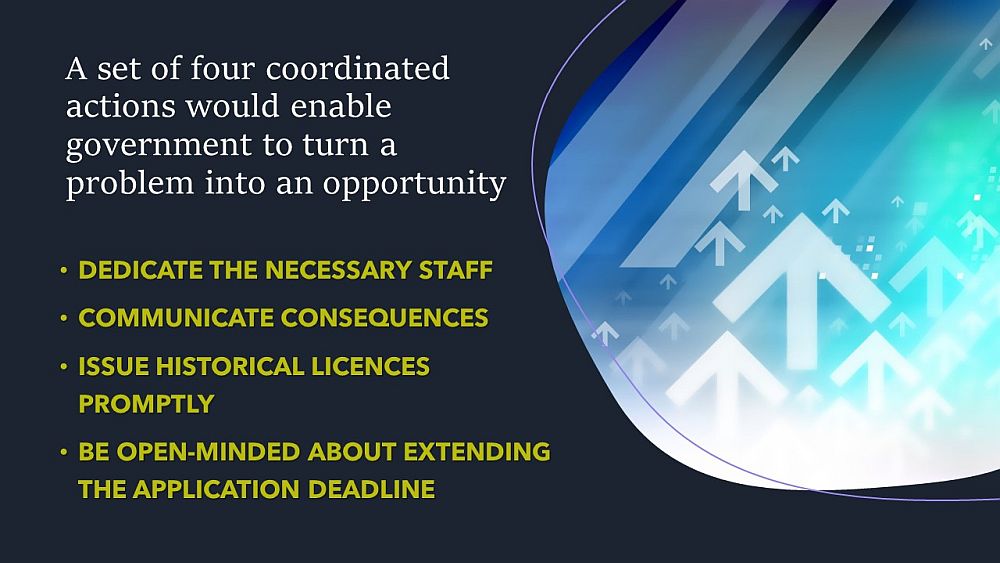
A Conversation With Mike Wei and Ted van der Gulik

Ted van der Gulik is the former Senior Engineer in the Ministry of Agriculture and was inducted into the BC Public Service Hall of Excellence in 2014 for his outstanding contribution to the Province. Ted led the teams that received Premiers Awards for the Water Balance Model and the Agriculture Water Demand Model, respectively, and was the recipient of the Premiers Legacy Award in 2014.
Mike Wei is the former Deputy Comptroller of Water Rights and received the R. N. Farvolden award in 2017 from the Canadian Geotechnical Society and the International Association of Hydrogeologists for his outstanding contributions to the disciplines of earth science and engineering that emphasize the role or importance of groundwater. Mike was also a recipient of the Premiers Legacy Award in 2017.
Ted van der Gulik and Mike Wei are “water sustainability volunteers” who have shouldered a burden that one would ordinarily think is the responsibility of government. Why do they feel such a strong sense of duty? The answer is that they and other volunteers do not want government to drop “the water bucket” on a once-in-a-generation opportunity to “get it right”.
Mike and Ted have experience, knowledge, and wisdom. This magical combination equips them to build bridges of understanding from the past to the present and future. They helped create the vision for the Water Sustainability Act. Ted and Mike know its potential and they believe it is within government’s grasp to successfully and effectively execute the groundwater foundation piece. Their conversation below shines the light on a path forward.
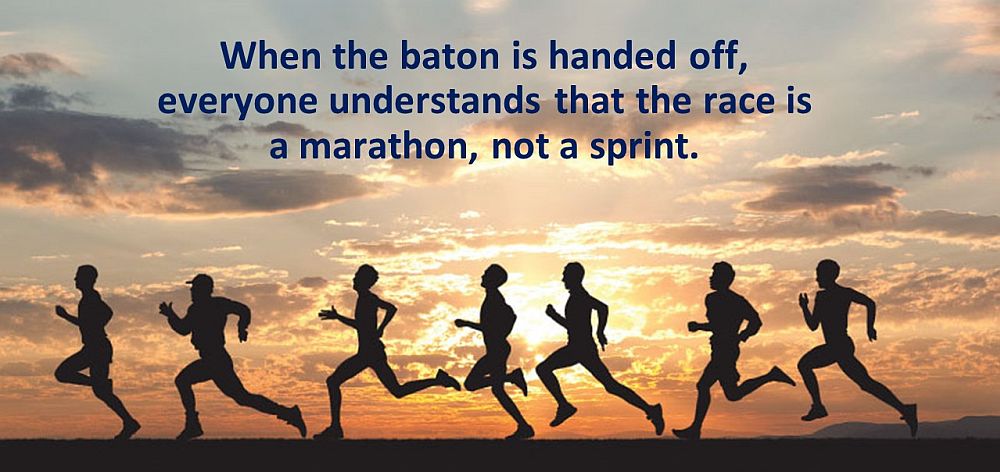
Government can still snatch victory from the jaws of defeat and avert a looming crisis!
Groundwater licensing is a fundamental government policy for achieving a healthy and sustainable water resource. To provide the reader with insight into why it is still possible to “get it right”, the conversation with Mike Wei and Ted van der Gulik is presented in two parts.
In the first part, they draw on their direct knowledge to provide relevant context for understanding this question: How did government arrive at this “watershed moment” where the water sustainability goals in the Water Sustainability Act are at risk of being undermined?
In the second part, Mike and Ted apply their experience, knowledge and wisdom to address this question: How would coming to grips with the root causes of the non-compliance problem enable government to snatch victory from the jaws of defeat and turn a looming crisis into a game-changing opportunity?
The Difference Between “Historical” and “New” Groundwater Uses is Explained
Ted and Mike make a clear distinction between HISTORICAL and NEW groundwater uses. Historical groundwater uses are those that existed as of February 2016. Thus, they pre-date introduction of groundwater licensing in British Columbia under the Water Sustainability Act.
“New use” describes applications for wells that were drilled and placed in service on or after after March 1, 2016. “New use” would also apply to wells drilled before March 2016 but not placed in service for groundwater use.
Effective March 2022, the transition period ends. The implication is that “historical uses” without a licence would be considered “new uses”. As a result, those historical users who do apply for a licence would be subject to the new rules and conditions applicable to “new uses”.
If historical groundwater users fail to apply for a licence by the deadline, they would be using groundwater without an authorization. In other words, they would be diverting and using the water illegally.
Time is quickly running out for some 16,000 historical groundwater users to apply before March 2022.
In the second part of their conversation, Mike and Ted introduce THE BIG IDEA. They present a conceptual framework for a “learn by doing” compliance and enforcement strategy that would motivate historical groundwater users. Their key message is that these users have a “window of opportunity” that is not open to those who drill wells and use groundwater after February 2016 without a licence.
THIS IS THE INCENTIVE FOR HISTORICAL USERS TO APPLY NOW.
PART ONE OF MIKE AND TED’S CONVERSATION:
Historical Groundwater Users Risk Losing Their Legal Access to this Resource
MIKE WEI: “Prior to February 29, 2016, all landowners had common law access to divert and use groundwater in BC. On that day, when the Water Sustainability Act came into effect, that access was extinguished forever.”
“To retain the access they had before, all historical non-domestic groundwater users must apply to obtain a water licence for government to recognize their historical use. And they must do that before the transition period ends on March 1, 2022.”
“It seems straightforward. But it is not. Licensing an estimated 20,000 non-domestic groundwater users is the biggest endeavour the Province of BC has taken on in its water management history. The licensing process is also not that simple. Staff are doing their best, but the story of groundwater licensing illustrates systemic challenges when there is a disconnect between WSA policy and implementation.”
What are the Root Causes of Non-Compliance?
TED VAN DER GULIK: “Mike, you and I are aware that groundwater users with any sort of direct public accountability, in particular government agencies and corporations, have for the most part already applied. But these users represent only a small percentage of the grand total.”
“Why is the lack of buy-in and compliance from farmers, small businesses and other non-domestic users so widespread? Why do they not grasp the consequences for them of being in non-compliance?”
MIKE WEI: “Ted, there may be a number of reasons why. Here are some. First and foremost, government has not been clear and convincing about the benefits of applying and consequences of not applying. At the same time, water rights literacy of groundwater users is very low.”
“Secondly, the typically long times for government to make decisions on applications for historical groundwater use undermines confidence in the licensing process and may be scaring away those who have yet to apply.”
“Finally, historically there has been a general lack of compliance checking and enforcement of unauthorized water use from streams. This unintended legacy has left many to believe the government will not check. By extension, then, users conclude that government is not serious about unauthorized water use.”
TED VAN DER GULIK: “So, Mike, if I think through what lack of compliance and buy-in means for water-stressed areas, this question comes to mind: If historical non-domestic groundwater users fail to comply with the March 2022 deadline, is it possible that they may not even be granted a licence….IF….they apply after the deadline?”
MIKE WEI: “Ted, that outcome is a real possibility in the Southern Interior and Lower Mainland, and along the east coast of Vancouver Island where water supply limits are already being reached.”
“There will be no consideration of historical use for any application received after the transition period. Even if they apply after the deadline, any new use applications received prior to theirs will get a more senior priority date. By not applying, historical groundwater users are effectively giving their current volume of groundwater use back to the government for reallocation.”
What are the Consequences of Non-Compliance?
TED VAN DER GULIK: “So, the risk is real. Given what is at stake, you would think that government has an implicit obligation to warn historical groundwater users that they are putting their livelihoods at risk by failing to apply for a licence.”
MIKE WEI: “Correct. In my view, government simply has not done enough to communicate in plain language that non-compliance on March 1, 2022 means historical groundwater users will lose not only their seniority but their right altogether to access the water they have always been using. This has far-reaching implications.”
TED VAN DER GULIK: “In summary, Mike, can we conclude that the absence of effective communication is compounded and aggravated by government’s failure to process licence applications in a timely manner? As you and I are both aware, there is ample evidence that many historical groundwater users who have applied have waited years for a decision on their application. Many are still waiting.”
MIKE WEI: “Exactly, Ted. And furthermore, the length of time for decisions in turn breeds fear in those who have yet to apply. They fear that an uncertain process results in an excessive regulatory burden and ‘NO’ is a likely outcome. This contributes to the erroneous thinking by users that NOT applying is worth the risk.”
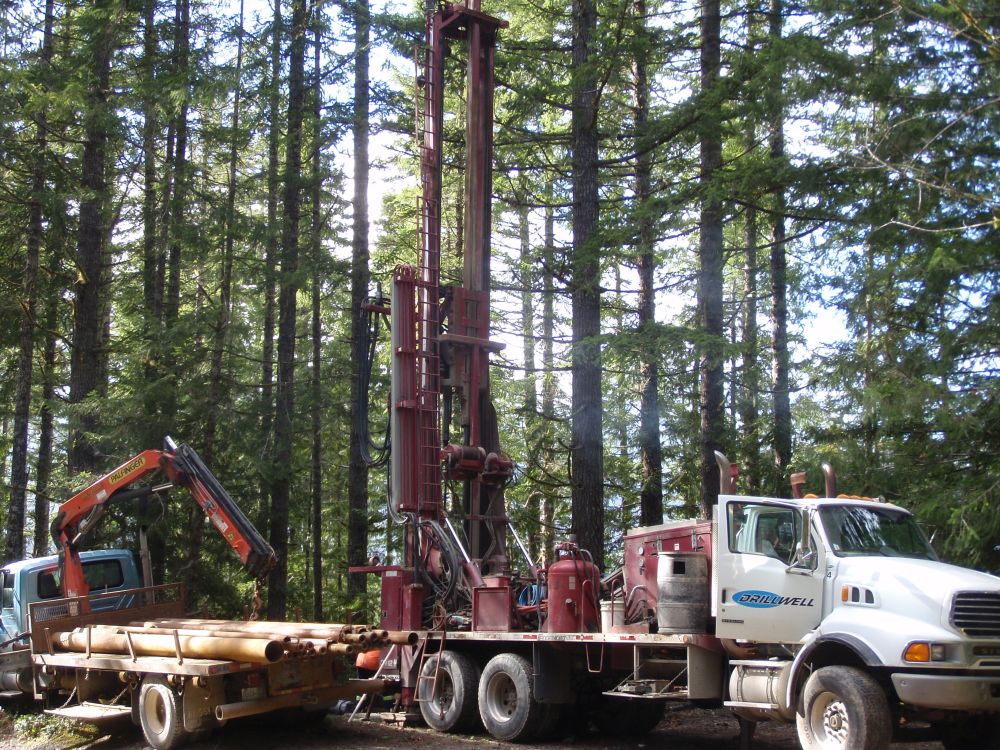
PART TWO OF MIKE AND TED’S CONVERSATION:
How Government Could Turn the Situation Around
TED VAN DER GULIK: “Mike, time is running out. The deadline for historical groundwater users to apply is only 10 months away. Just over the horizon, there is a crisis in waiting, for landowners and for government. Groundwater is intertwined with other regulations. Without quick action, government risks other dominoes falling. There will be economic consequences for rural BC farmers, businesses, and industries. They need government to fix this.”
MIKE WEI: “When water is not a priority for government, and there is no ‘water champion’ at the top, you wind up with the current challenges that, in a very short time, will become unmanageable for government. However, the situation can be turned around.”
“Government can turn it around if a water champion is appointed at the highest level. To be successful, this water leader must have the authority and accountability to make water a priority and remain a priority. This individual must also be able to direct adequate resources and attention to motivate historical groundwater users to apply before it is too late.”
“The responsibility for water needs to reside in one ministry with the mandate to require other ministries to communicate, cooperate, coordinate, and collaborate. In our system of government, accountability flows through the minister.”
“For this reason, the water champion (or water leader) can only be a cabinet minister who has the authority and accountability to make water a priority; and has a mandate from the Premier to facilitate collaboration across government. And to ensure success in carrying out the WSA mission, it is essential that the minister empower and support staff.”
TED VAN DER GULIK: “Mike, let’s you and I presume that Premier John Horgan accepts our call to action that motivating historical groundwater users to apply must be a high priority for government; and that he then acts quickly to appoint a minister who has the passion and perseverance to be that water champion.”
“What realistically could be set in motion, right now, to make a difference over the next 10 months and beyond?”
MIKE WEI: “Dealing with 16,000 non-compliant historical water users after March 2022 would be overwhelming for government. The Province desperately needs a two-prong strategy to motivate historical non-domestic groundwater users to apply. The two prongs are communication and enforcement.”
“This issue warrants a heightened level of communication to clearly communicate what is at stake for historical users. The communication strategy must signal to landowners that government is serious about addressing unauthorized water uses.”
“Two parallel yet interconnected processes – communication and enforcement – would also promote public confidence in the licensing process – especially if licensing decisions for historical groundwater users can be streamlined.”
“This two-prong strategy would be results-based. And the water champion would monitor and adjust the plan, if necessary. Government having a results-based plan would be a game-changer in its’ innovation and pragmatism.”
THE BIG IDEA FOR COMPLIANCE AND ENFORCEMENT: Target New Wells for Compliance, Learn by Doing, and Adapt the Strategy for Enforcement
TED VAN DER GULIK: “Reflecting on what I know about the agricultural sector and building on your results-based logic, I have an idea and would appreciate your perspective as the former regulator. It may help readers wrap their minds around what may be feasible and achievable in the short-term.”
“It seems to me that government needs to focus on an aspect of groundwater licensing that would be manageable. Specifically, what if government chose to focus its enforcement efforts and resources, by contacting owners of wells drilled during the period 2016-2021, and checking whether and how many of the new wells in use are licensed?”
MIKE WEI: “The WSA prohibits anyone from diverting and using water without an authorization. The owner of a well drilled for new groundwater use must obtain a licence before using the new well.”
TED VAN DER GULIK: “Mike, that nails it for me. The number of new groundwater users is a minor fraction of the 16,000 historical groundwater users. Thus, new groundwater use is a manageable segment to tackle before March 2022. And this manageability is key to my ‘big idea’ which is to try out a learn by doing approach to compliance and enforcement of unauthorized water use.”
“If government were to follow through with compliance checking of all unauthorized water uses, including on NEW wells, it would certainly send a message and a wake-up call to ALL water users – especially if accompanied by a concerted education and communication effort. And what would the succinct message be? Well, it would be that government’s intention is to systematically check compliance now and beyond March 2022.”
“Trust me, Mike, word would spread like wildfire that government is serious about unauthorized water use and would result in a surge in applications from historical groundwater users. In parallel, government must also dedicate staff resources to review and decide on licence applications in a timely manner.”
“This decisive action would demonstrate to the groundwater community that government means business. If the outcome is that most water users comply with the Province’s licensing requirements by March 2022, the vision for water sustainability would be on its way to becoming a reality.”
THE FORMULA FOR SUCCESSFUL COMPLIANCE AND ENFORCEMENT: Leadership + Motivation = Game-Changing!
MIKE WEI: “Ted, compliance and enforcement are vital. It certainly would motivate historical groundwater users to comply with the March 2022 deadline if government compellingly communicates the consequences of losing one’s rights to the historical use if they do not comply, decide on applications much more quickly, and furthermore, commits to enforcing an end to unauthorized water use.”
“Of course, we have to consider that even a good strategy may take months to develop and implement. The government may have to re-think whether the 10 months remaining is time enough to allow a strategy to fully take effect.”
TED VAN DER GULIK: “So, consider extending the transition deadline, if necessary. But do not extend it without first having a plan for what happens after March 2, 2022!”
“This call to action is founded on the premise that the combination of understanding and persuasion to motivate historical groundwater users – while promising to be diligent in enforcing compliance by new well users who did not bother to apply for a licence – will incentivize good behaviour. Quid pro quo!! Considering the challenging circumstances facing government, it is a pragmatic solution. Right, Mike?”
MIKE WEI: “Yes, I think so too. Leadership at the highest level and a clear strategy to motivate historical groundwater users to apply, including signalling that government will deal with unauthorized water use, would be the game-changer that groundwater licensing desperately needs right now.”
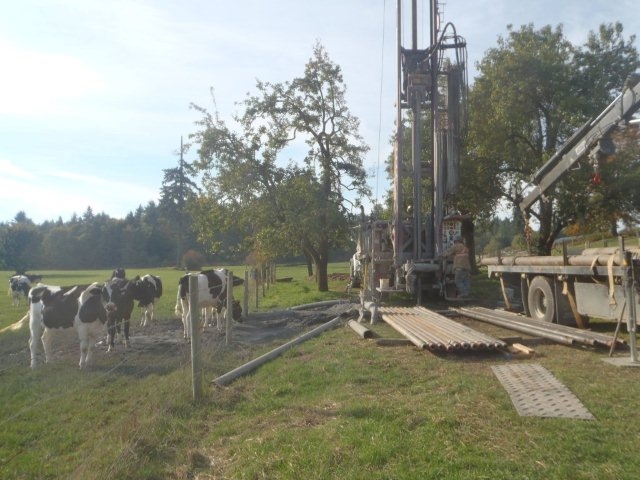
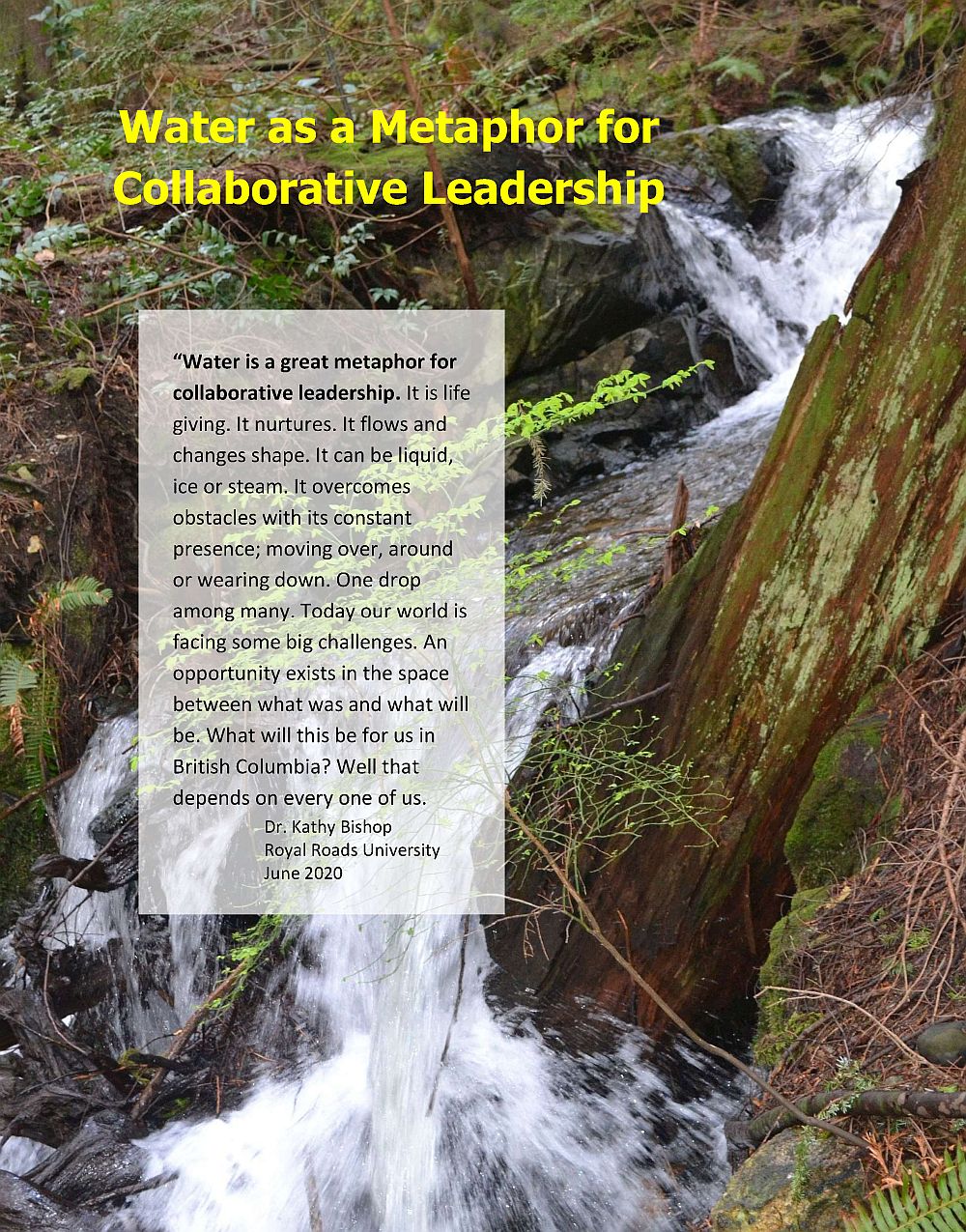
About the Partnership for Water Sustainability
Incorporation of the Partnership for Water Sustainability in British Columbia as a not-for-profit society on November 19, 2010 was a milestone moment. Incorporation signified a bold leap forward. Two decades earlier, a group of like-minded and passionate individuals, including representatives of three levels of government, came together as a technical committee. Over time, this “water roundtable” evolved into The Partnership.
The umbrella for Partnership initiatives and programs is the Water Sustainability Action Plan for British Columbia. In turn, the Action Plan is nested within Living Water Smart, British Columbia’s Water Plan. Released in 2008, Living Water Smart was the provincial government’s call to action, and to this day transcends governments.
The Partnership’s guiding philosophy is to help others be successful. When they are successful, we are successful. The Partnership is led by a team of mission-focused volunteers, elders and collaborators. These individuals bring experience, knowledge and wisdom to the Partnership roundtable. This enhances the effectiveness of the Partnership as “the hub for a convening for action network”. Although many on the Partnership leadership team have retired from their day jobs, the water-centric mission continues.
TO LEARN MORE, VISIT: https://waterbucket.ca/about-us/
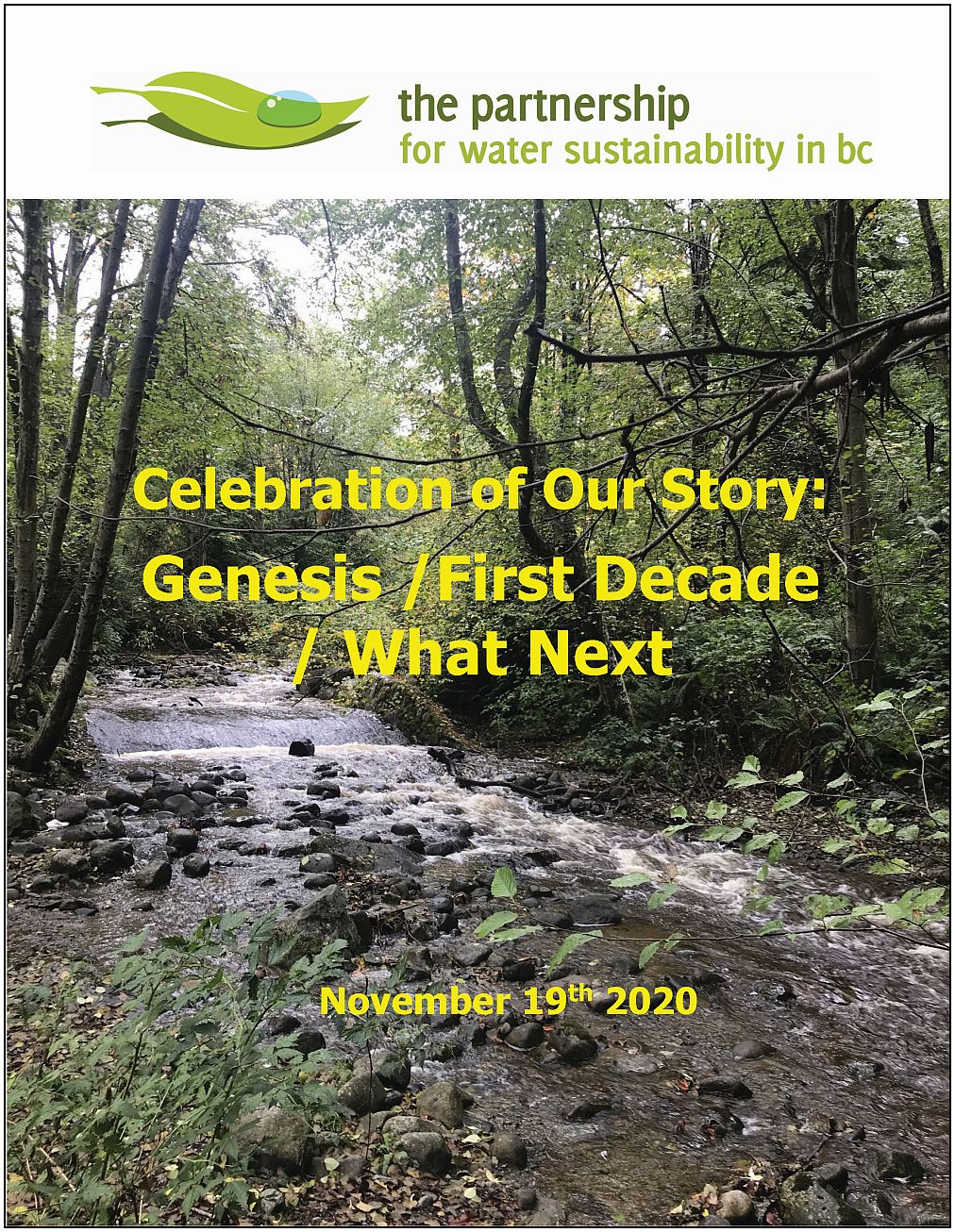
DOWNLOAD: https://waterbucket.ca/atp/wp-content/uploads/sites/9/2020/11/PWSBC_Story-of-First-Decade_Nov-2020.pdf

